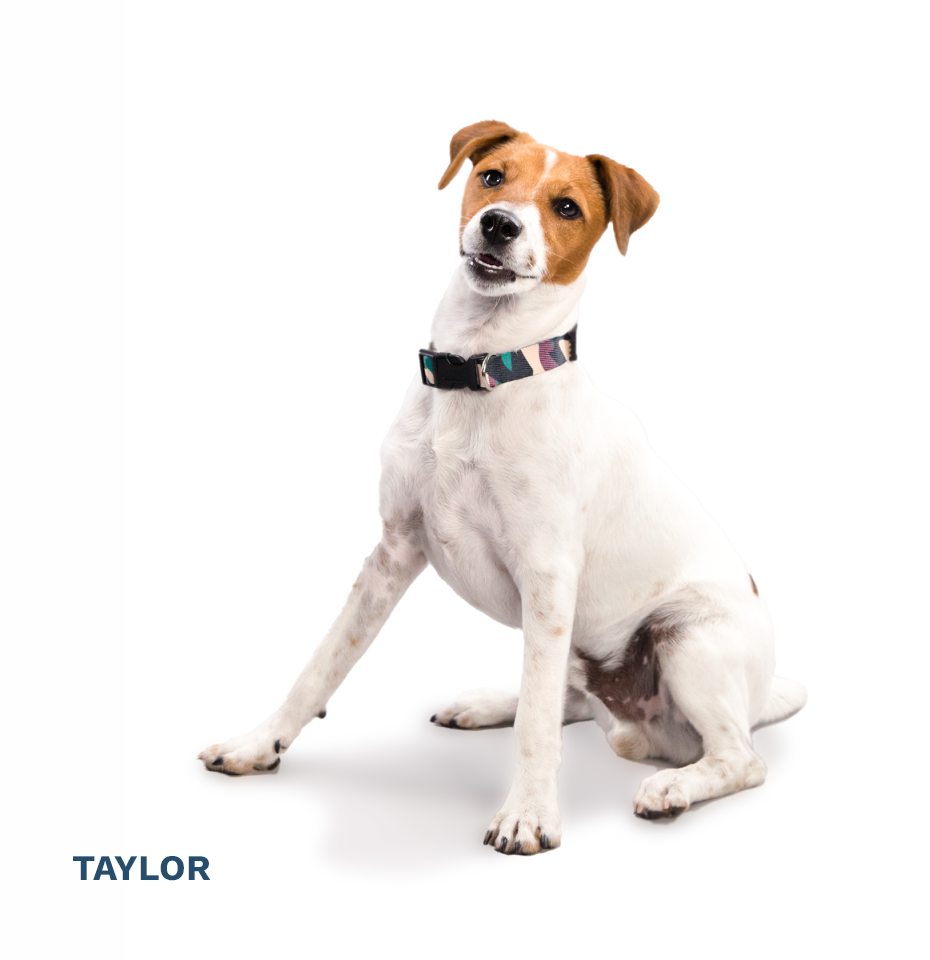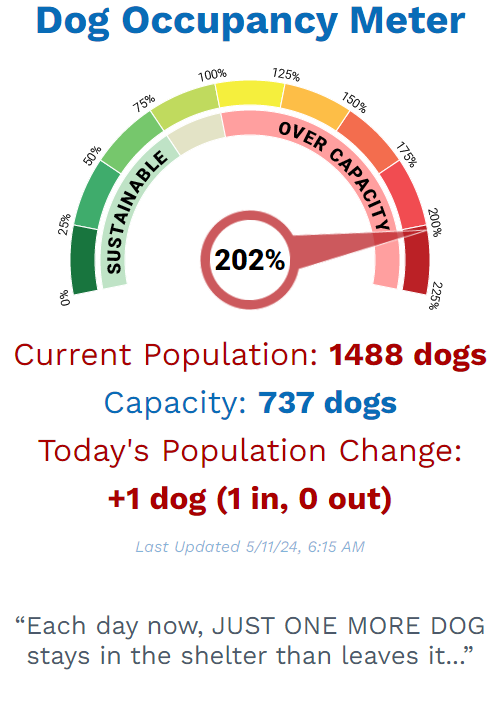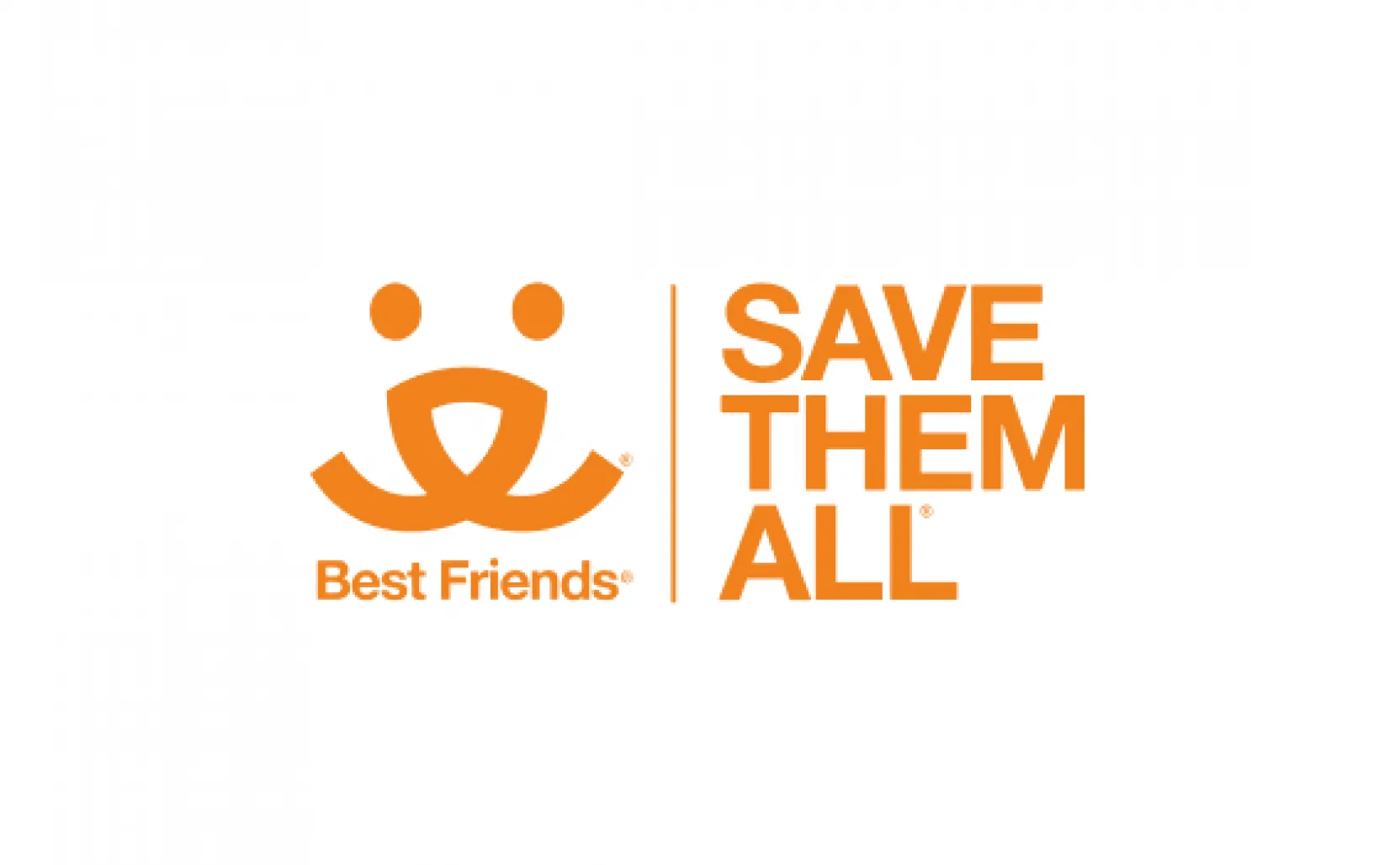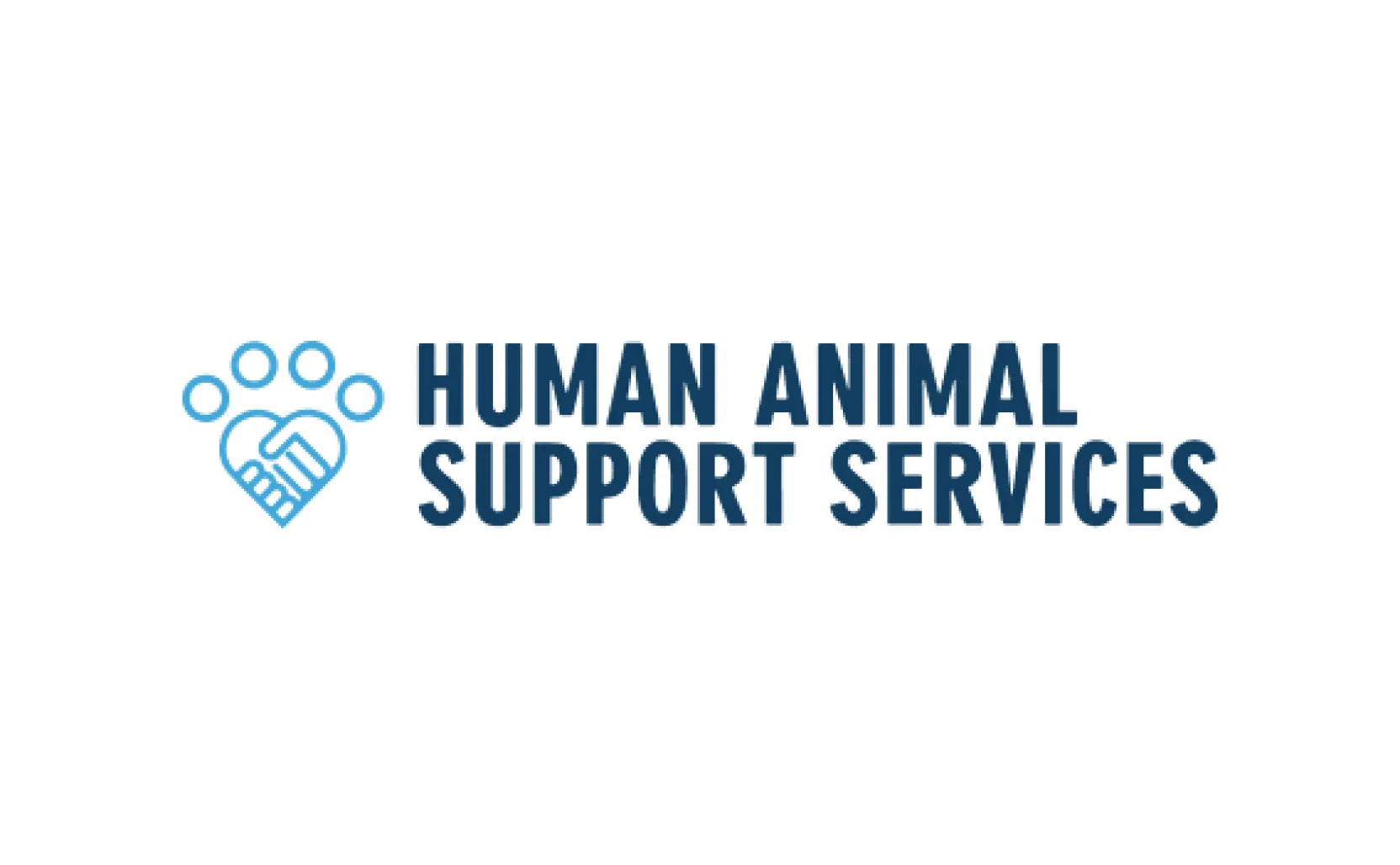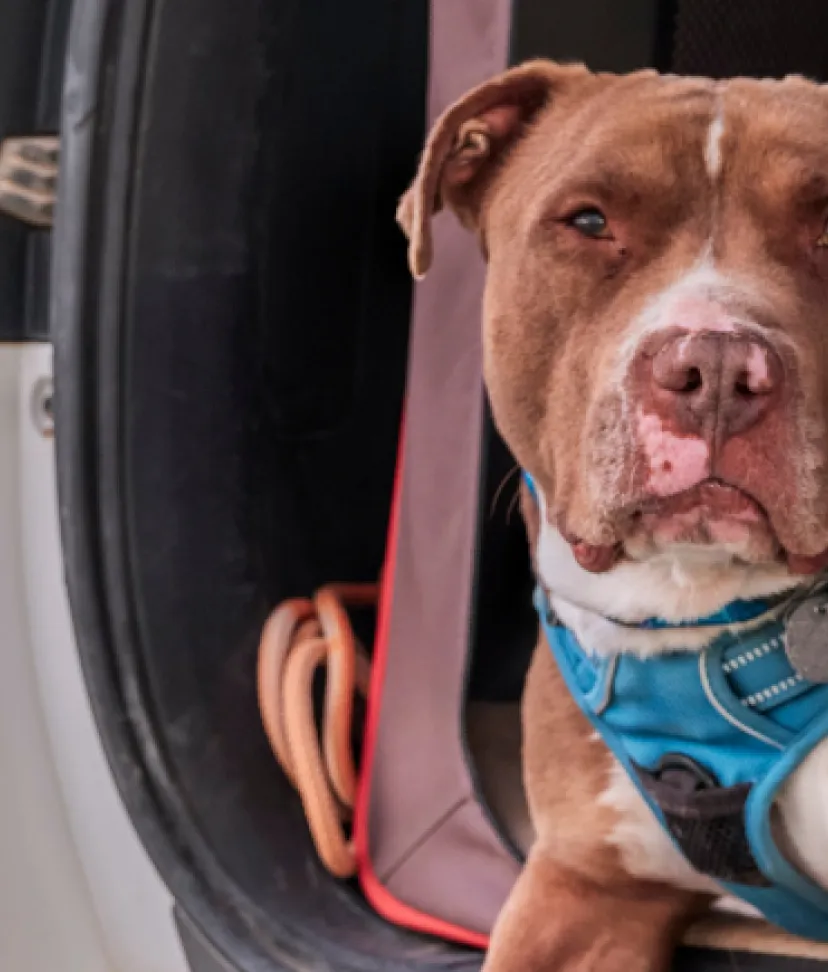
Emergency Preparedness
PREPARE FOR SOCAL'S FIRST WINTER STORM
In an emergency, our pets depend on us for their safety and well-being:
- If not being asked to evacuate, stay indoors in inclement weather and bring your pets indoors, whenever possibe. View our tips to keep you and your pets safe.
- Here's how to prepare and get ready -- especially in recent burn areas. Go to emergency.lacity.gov.
PALISADES FIRE ASSISTANCE
Need help to get info or to locate a missing pet due to the wildfires? Please call the Los Angeles FIRE Evacuation Animal Services Hotline at 213-270-8155. You will be prompted to answer key questions about your pet, their possible location and needs. A care team made of LA Animal Services staff and LAPD officers will receive your request and provide assistance. You will be notified once the care team has visited the property.
If you have a disability and need an alternative way to contact the hotline, please complete the Los Angeles FIRE Evacuation Animal Services Form in English or Spanish.
Below is the list of evacuation centers open for people and their pets displaced by the fires. LA Animal Services is providing crates, bowls, pet food, and blankets.
- Westwood Rec Center - 1350 S Sepulveda Blvd, Los Angeles, CA 90025
- Van Nuys Rec Center - 14301 Vanowen St, Van Nuys, CA 91405
There are also two large animal evacuation centers open:
- Los Angeles Equestrian Center - 480 Riverside Dr, Burbank 91506
- Hansen Dam Rec Center has been deactivated as a large animal evacuation center.
For the latest updates on the Palisades Fire, repopulation, evacuation zone changes, go to, repopularelated to the Southern California fires, go to LACity.gov.
The best way to handle any emergency or disaster is by being prepared. Plan ahead and ensure your pet is part of your family emergency plan.
An unpredictable emergency situation can happen at any time. Making a plan to be as ready as possible will help all of your family members, two-legged and four-legged alike, be safe for any emergency.
Be ready for any natural disaster or emergency situation with these tips and by using this Emergency Plan Checklist.
Horse And Large Animal Emergency Preparedness
- Make sure your horse is identifiable with a bracelet and microchip. Despite your best efforts, your horse may run off or be separated from you. An ID bracelet can be purchased online or you can make your own with your contact information. Place the bracelet round the horse’s back foot. A microchip can be scanned and easily locate you through a database. The odds will be much better for reuniting you and your horse!
- Plan for an evacuation. Train your horse to load into a trailer.
- Identify alternate ways that you can trailer and/or walk your horse(s) to nearby stables or other designated safety zones.
- Pre-arrange for boarding at stables outside the City of Los Angeles, if possible. LA Animal Services can only provide evacuation sheltering for equines at Los Angeles Fire Department identified mandatory evacuation areas. You, as the animal owner, are responsible to plan ahead and find alternative stables that can accept your animal in case of evacuation orders.
- Have a surplus of feed available. Don’t let yourself get down to the last bale when disaster strikes.
- Have an emergency three day supply of water available (use drums or barrels).
- Keep a leather halter near the corral that’s easy to find for emergency responders in case you are not able to evacuate your horses yourself. A nylon halter is not recommended because it can cause serious burns.
- Never turn your horse or livestock loose during a wildfire. You do not know how they will react and they could be dangerous to you or others. If you have to evacuate without your animals, keep them in a safe fenced paddock until the threat passes or emergency help arrives.
It is simply too dangerous to leave companion animals unattended during natural disasters. The best way to ensure the safety of your pets is to evacuate with them.
Keep a back-up a supply of pet food, prescription medications, kitty litter, and essentials. Also, assemble an animal evacuation kit with the following materials:
- One durable animal carrier displaying your name, address, and phone number for each animal in your household
- Pet food (make sure that all canned meals have peel tops and use by date should be checked)
- Blankets
- Bottled water (5 gallons per animal is ideal)
- Leash, harness and collar
- Photocopies of medical and immunization records
- Recent photos of your pet (in case you need to create “lost” flyers or provide proof of ownership)
- Wet wipes
- Litter pan and cat litter
- Plastic bags
Locate pet-friendly lodgings. Contact establishments prior to an emergency to obtain their pet policy. The following hotel chains accept pets at some or all of their locations (please note that restrictions and additional fees may apply):
America’s Best Value Inn
Best Western
Econo Lodge
Kimpton Group Hotels
La Quinta Inn & Suites
Marriott
Motel 6
Radisson
Red Roof Inn
This is the single most important step you can take to ensure that you and your companion animals will be reunited if you are separated.
Your pet should have a current LA City license. Your pet’s licenses and microchip should both be registered with your correct contact information. Don’t forget to include alternate contacts with the microchip registration, such as your cell phone number and phone numbers for an out-of-area relative so that you can still be contacted in the case of an evacuation. If you and your animal are separated proper identification will help reunite you both.
Visit our Microchipping page and our Licenses page for more information.
Have a rescue alert sticker (available at your local pet supply store) visible in one of your home’s windows that lists the number and species of animals residing in your home. If you evacuate with your pets during an emergency, and time allows, write “Evacuated” across the alert sticker.
Put together a backpack of emergency supplies for your pet such as food and water for several days, treats, medications, toys and blankets. Make sure that perishable items are replaced every few months. Keep a back-up a supply of pet food, prescription medications, kitty litter, and essentials.
Create copies of important documents for your animal including
- vaccination records
- microchip information
- photos of your pet
- your contact information
- friends/relatives contact information
- any notes on feeding, medication, and behavior.
Keep a copy off-site with a friend or family member, in Cloud storage and tape a copy to a portable kennel.
If an emergency happens or you have to evacuate, this will help your pet feel safe and make it easier to transport them.
If you are not home when an emergency happens, your neighbor can check on your animal and help evacuate your pet if necessary.
Identify hotels inside and outside your area that accept pets during emergency situations. If you cannot take your furry family member with you, identify boarding facilities nearby and outside of your area where you can take your pet.
Evacuations and disasters can happen at any time. Being prepared and ready to go will help you, your family and your pets stay safe in an emergency. Below are resources to help you protect your pets and livestock.
Review this LA Animal Services flyer for with information on how to prepare your pets and livestock for disasters and other emergencies.
NotifyLA is the City of Los Angeles' mass notification system used to send out voice, text and e-mail messages to residents and businesses during times of emergencies. Sign up today!
Get up to date weather information for Los Angeles with the National Weather Services.
Ready your LA neighborhood with free resources just for you. Visit ReadyLA today!
In emergencies, don't forget about your furry friends. Be prepared with these tips.
During the Getty Fire, LA Animal Services team members worked tirelessly to provide care for over 150 horses that took up refuge at Hansen Dam Equestrian Center during the mandatory evacuations.
A unique instructional video containing information for pet owners and suggestions for proactive pet emergency preparedness.

